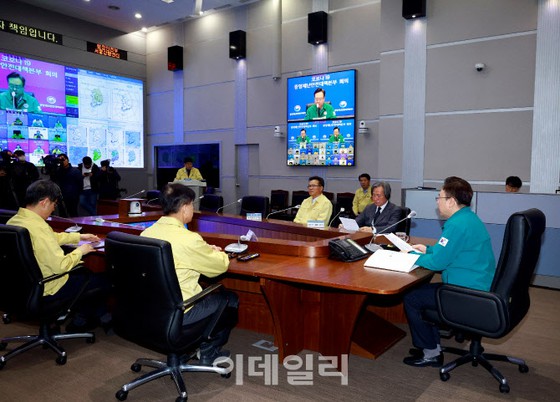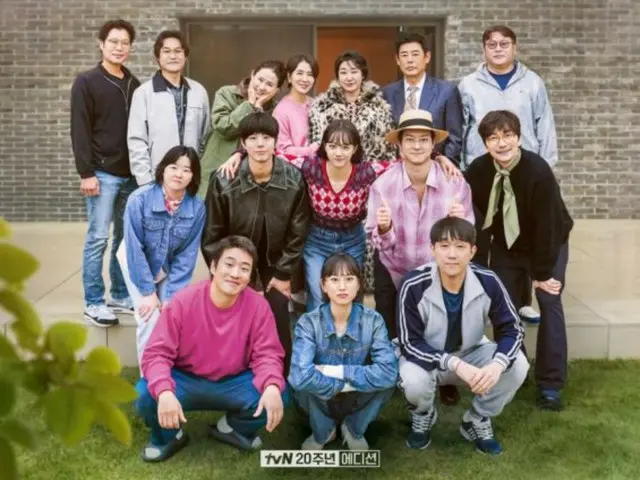 |
Korea Disease Control Agency Commissioner Ji Young-mi announced on April 22nd that the 2022-2023 winter booster vaccination program will end on April 7th.
We made this decision in consideration of the fact that the current epidemic prevention situation is stable as winter ends in the middle of this month, the level of immunity of all citizens, the effectiveness of vaccination, and overseas cases.
In fact, the number of new infections in the second week's of March was 10,058 on average per day, falling below 10,000 for the first time in 35 weeks. The number of new severe cases has been declining since peaking in the first week's of January. Deaths fell for the fifth straight week and hit the lowest level since July last year. Similar phenomena are occurring worldwide. The UK will end vaccination in February, and Japan will suspend vaccination at the end of this month.
For this reason, the COVID-19 virus vaccination response promotion team established the "2023 COVID-19 virus vaccination basic direction" after an expert advisory meeting with the goal of preventing serious illness and death in high-risk groups. First, in the case of winter vaccinations, the infrastructure for all vaccinations for people aged 12 and over, including basic vaccinations (primary and secondary vaccinations), will be reduced from the current approximately 17,000 locations to approximately 5,000 locations by the end of April. In the case of non-maintenance institutions, advance reservations can be made at the end of April, and same-day vaccinations can be given until the stock of vaccines is exhausted. However, children and infants under the age of 12 will remain on the current infrastructure after April 7th.
However, this does not mean that inoculation will be completely discontinued. If you have not been vaccinated in winter, are traveling abroad, or want to get vaccinated because you are going out of a vulnerable facility, you can get vaccinated at a vaccination maintenance organization. Free vaccination once a year including high-risk groups. The vaccination period is October-November. Immunity-impaired persons whose immunity is difficult to develop and whose duration is short must be vaccinated twice a year. Subjects in the high-risk group were modified slightly. Currently 60 years old or older, but changed to 65 years old or older with a high cumulative fatality rate.
As a result of a nationwide antibody titer survey conducted in December last year, it was confirmed that about 70% of South Koreans have immunity to the COVID-19 virus, and that antibody titers are maintained for about 10 months or more. The prevalence of N antibodies, which means natural immunity, was 67.7%, and 70.1% at the time of population standardization, indicating that more than two-thirds of the population possessed antibodies.
In particular, hybrid immunity acquired by inoculation and infection provides a long-term preventive effect against severe disease and death, and is presumed to maintain a high level of antibody for 10 months or more. The time required for reinfection was found to be progressively longer. As of February, the average duration of cases in which two infections are estimated is about 10 months (309 days), which is about 5 months longer than the about 5 months (161 days) in July last year.
Analyzes undertaken by the World Health Organization (WHO) found that combined immunity was maintained over time. After 1 or 2 doses or 12 months after the last infection, 97.4% of patients were hospitalized or became seriously ill, and 41.8% of patients were reinfected.
2023/03/27 10:52 KST


